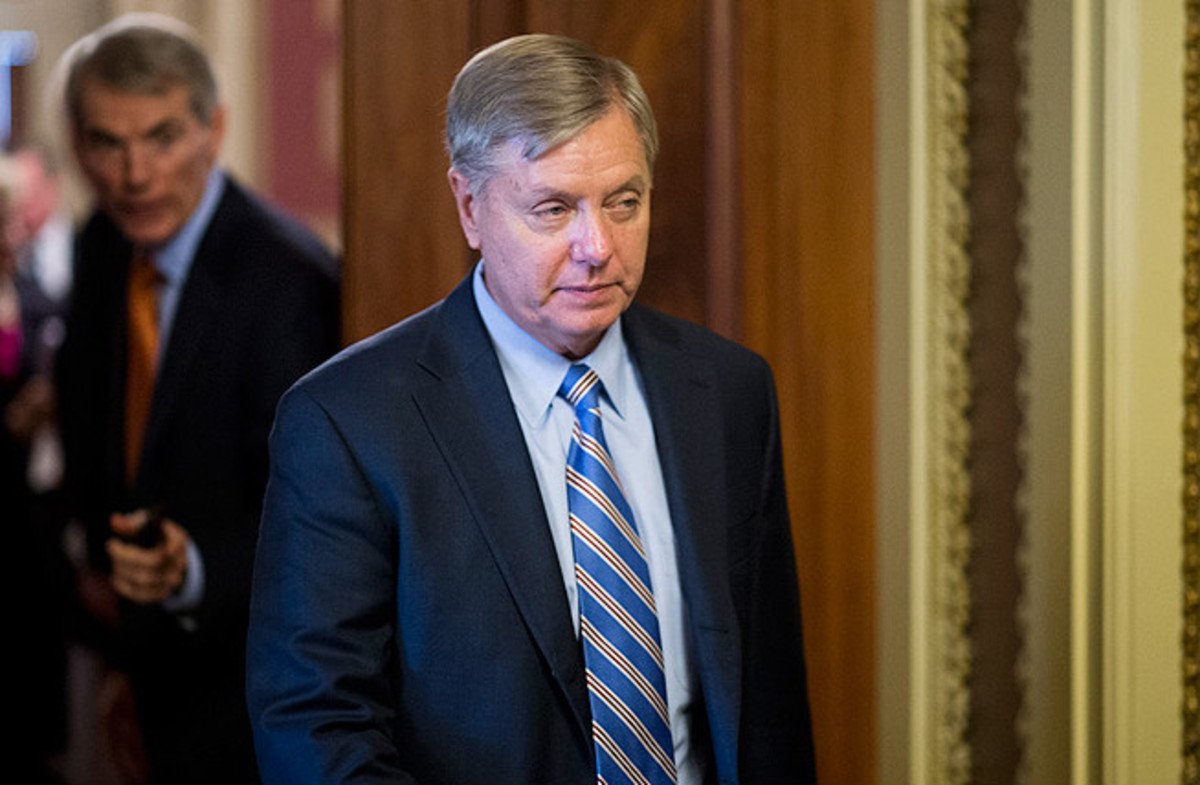An Olympic boycott is simply not the answer to political conflict


What's more, the U.S.O.C. deserves some credit for making political inroads against some sturdy international opposition. Committee Chairman Larry Probst was recently granted membership in the IOC and the improved relations with the IOC has increased the possibility that a U.S. city will be chosen to host another Olympics in the near future. That's more money, exposure, sponsorship and home cooking for U.S. athletes. Yes, the U.S.O.C. responded firmly to this matter last week and may have put this issue to rest for now, but Snowden's case is still active and there will be many other examples in the coming years of nations searching for ways to express outrage and condemnation over grievances that need more nuanced solutions. If the notion of another foolish boycott were ever to gain much traction, those four years of progress that Probst and CEO Scott Blackmun have produced could be quickly derailed. Olympic boycotts, such as the one Graham suggests considering, cause little more than self-inflicted wounds.
